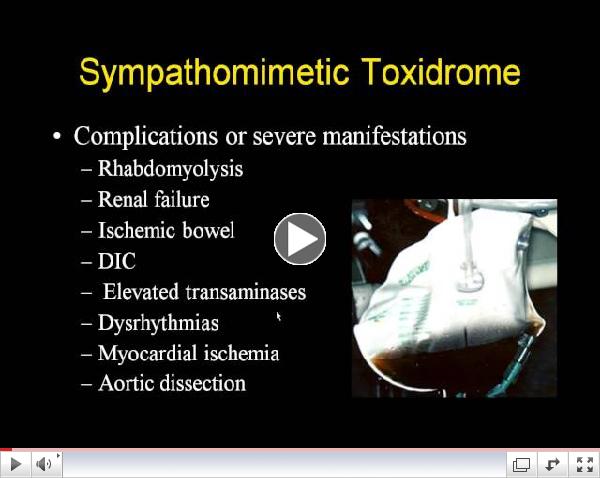
The Edge:
A Resource for Iowa's Behavioral Health Professionals
2013 Edition, Volume 46
|
|
|
|

Start your work week off right! Sign up to get a new edition of "The Edge" each Monday morning.

|
|
The Edge, a news scan for Behavioral Health Professionals in Iowa distributed by the Iowa Substance Abuse Information Center (ISAIC).
The Edge strives to provide a glimpse of new trends, changes on the horizon in the field of substance abuse and problem gambling, and opportunities to increase your knowledge! If you have articles of value that you'd like to share with others across the state, or feedback regarding the content, format, or method of distribution, please email them to Emily at the address below. We hope you enjoy this edition of The Edge! Please continue to forward it to colleagues you think would be interested!
|
|
|
|
 |
|
Substance Abuse:
Noteworthy Articles
and Studies
|
| |
Insurance Must Cover Mental Health, Substance Abuse Just Like Physical Illness:
The Obama administration announced new rules that will require insurers to cover the treatment of mental health and substance abuse in the same manner they would physical maladies.
Pills to Heroin: Informational Video with Addicts from New Jersey
The video, features former addicts and parents telling their personal stories of addiction and addicts. It is raw and, at times, shocking.
NIDA's drug abuse information for teens goes mobile
Teens - and adults who care for them - can now find answers to questions about drug abuse and addiction more easily, and through smartphones and tablets. Spanish language versions of easy to understand resources on drug abuse and addiction are now also available.
N-Bomb - Synthetic Drug Information
45 minute long online presentation about N-bomb. N-Bomb is being marketed as an alternative to LSD and is among the most powerful and dangerous of the synthetic drugs.
 | | N-Bomb - The Latest Synthetic Drug |
|

|
Problem Gambling: Noteworthy Articles
and Studies
|
| |
Keeping an eye on your child can lower their odds for gambling by young adulthood, according to research conducted at Columbia University's Mailman School of Public Health. Adolescents who had poor parental supervision at age 11, and which continued to decline through age 14, were significantly more likely than their peers to be problem gamblers between ages 16-22.
General Addiction: Studies Explore Origins of Addiction, Treatments
Studies released today suggest promising new treatments for nicotine and heroin addiction, and further our understanding of pathological gambling and heroin abuse in those suffering chronic pain. This new knowledge, released at Neuroscience 2013, the annual meeting of the Society for Neuroscience and the world's largest source of emerging news about brain science and health, may one day lead to non-pharmaceutical interventions and therapies to treat addiction.
|

|
|
Upcoming Trainings and Materials
|
ISAIC Training CalendarTrainings around the state in the field of Behavioral Health, including national webinars and online train |
Behavioral Health Webinar Series: Prescription Pain Medication Abuse: Not What the Doctor Ordered Wed, Dec 4, 2013 12:00 PM - 1:00 PM CST.
ATTC Webinar - Understanding prescription pain medication abuse.
Substances of Abuse and Treatment Approaches for Synthetics and Club Drugs
December 6, 2013, 9:00 am - 4:30 pm, IBC Office, Ankeny, Iowa
Martha L. Thompson, PsyD, LPC, CAADC . Bath Salts, Jewelry Cleaner, Plant Food, Smiles, Crocodile; these are not your household cleaning products, happy things or anything on the Animal Plant Channel! The manufacturing and use of synthetic or "legal" drugs is on the rise. This training will provide an understanding of a variety of Synthetics and Club Drugs on the streets today.
Did you miss a NCRG Webinar? You can view archived webinars here.
|
|
|
|
|
|
|
Do you know how to reserve, order, or check-out items from ISAIC? Use this handy document for step-by-step instructions. ISAIC Search Help
Call us: Toll Free Helpline: 866-242-4111
|
 | | A Program of the Cedar Rapids Public Library |
|
|
 | | A service of The Division of Behavioral Health |
|
|
|
|
|